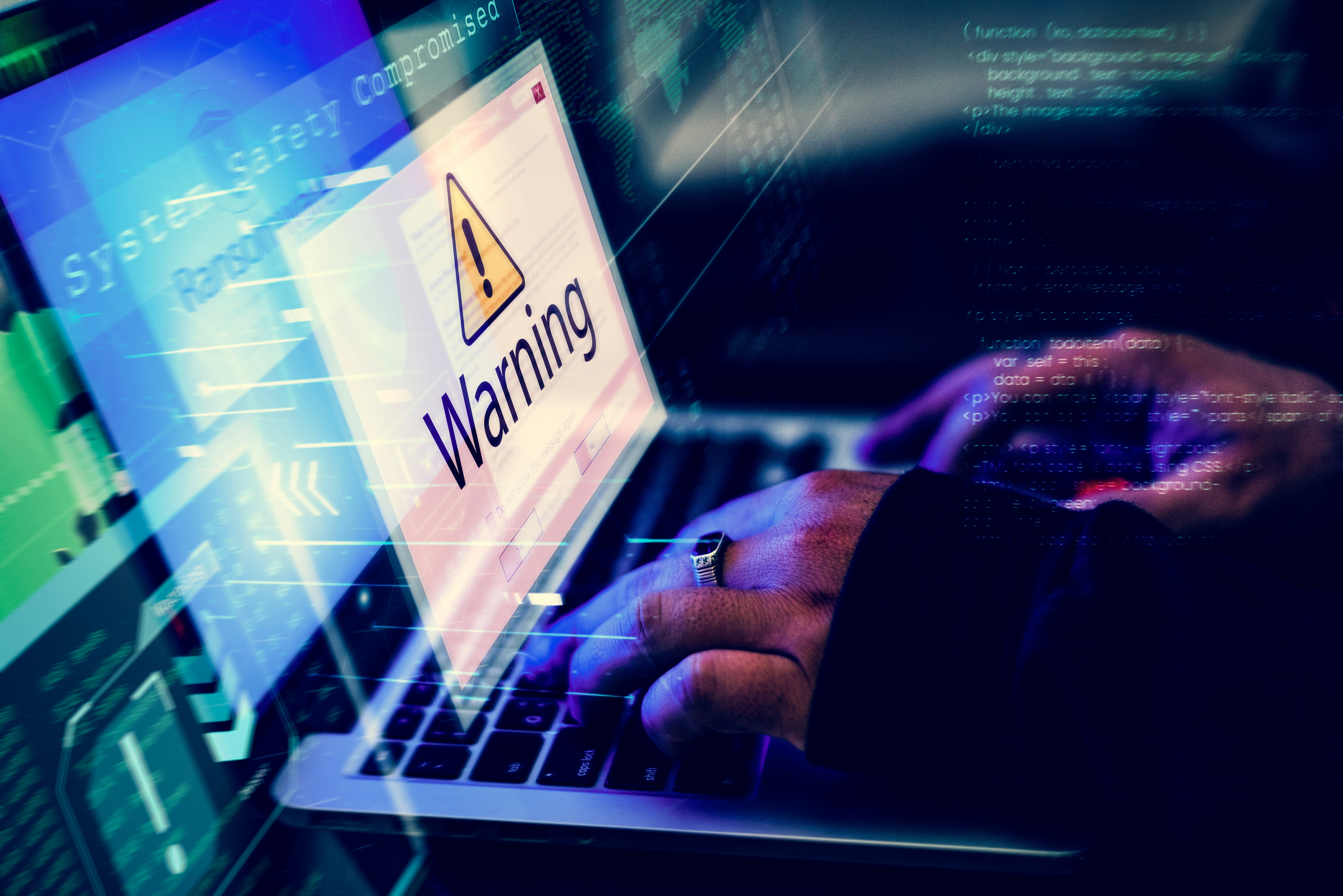On Monday, March 21st, 2022 the White House released a statement by President Biden warning the private sector of "evolving intelligence" that shows Russia "is exploring options for potential cyberattacks."
BREAKING: President Biden warns of "evolving intelligence" that shows Russia "is exploring options for potential cyberattacks" in a statement.
— Shannon Vavra (@shanvav) March 21, 2022
"I urge our private sector partners to harden your cyber defenses immediately," Biden says.
"I urge our private sector partners to harden your cyber defenses immediately," President Biden says. “This is a critical moment to accelerate our work to improve domestic cybersecurity and bolster our national resilience. I have previously warned about the potential that Russia could conduct malicious cyber activity against the United States, including as a response to the unprecedented economic costs we’ve imposed on Russia alongside our allies and partners.”
The White House suggests US companies take standard steps to boost defense: Mandate the use of multi-factor authentication on your systems, use tools to continuously look for threats, patch, back up, and encrypt data, be aware of phishing tactics, and engage proactively engage with local FBI/CISA offices in advance of any cyber incidents.
The guidance provided by the administration can be found here: FACT SHEET: Act Now to Protect Against Potential Cyberattacks
This is not the first time the current administration has encouraged the private sector to harden its cyber defenses. The administration has consistently put an emphasis on strong, phishing-resistant MFA in both its integration and enforcement. Last month the Cybersecurity and Infrastructure Security Agency (CISA) announced the Shields Up campaign in response to the invasion of Ukraine. Shield Up’s goal is to provide resources to businesses to ward off cyberattacks.
Additionally, the Office of the Management and Budget (OMB) issued a memo with the subject “Moving the U.S. Government Towards Zero Trust Cybersecurity Principles” in January. This memo laid out the roadmap for implementing a zero-trust architecture for all federal agencies by the end of 2024. This came after the administration released Executive Order 14028 in May of 2021 on improving cybersecurity. Each of these initiatives taken by the administration has clearly and explicitly laid out the importance of multi-factor authentication as a proactive measure to reduce the likelihood of a breach.
.jpeg)
.jpeg)

